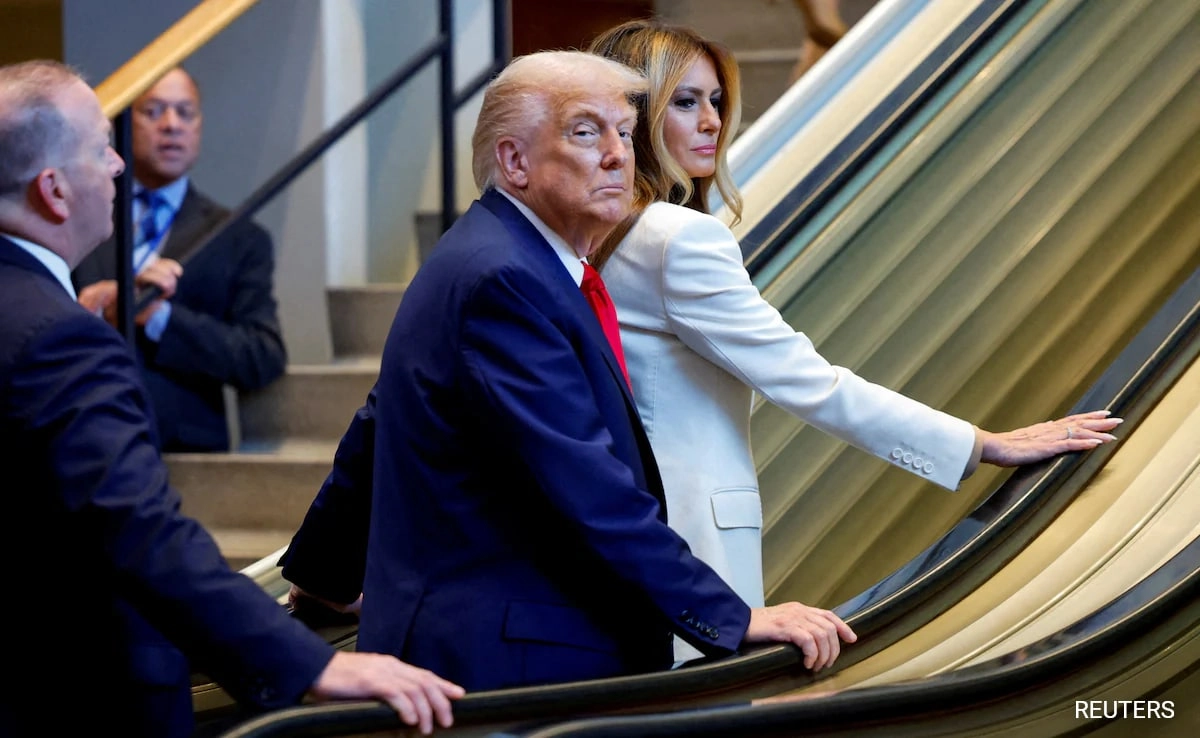In a recent and controversial statement, former President Donald Trump has called for arrests in response to what he terms a “triple sabotage” orchestrated by the United Nations. This assertion has sparked significant debate and concern among political analysts and the public alike. The phrase “triple sabotage” suggests a coordinated effort to undermine U.S. interests, raising questions about the nature of the allegations and the evidence that supports them. Trump’s rhetoric often resonates with his supporters, who view him as a staunch defender of American sovereignty against perceived globalist agendas.
The context of Trump’s comments sheds light on the underlying tensions between the U.S. and international bodies like the UN. Critics argue that such statements may escalate existing divides and foster a narrative that positions the UN as an adversarial entity rather than a cooperative partner in addressing global challenges. Trump’s call for arrests implies a serious breach of trust and accountability, but it also raises concerns about the implications for diplomatic relations and the potential for increased polarization within the political landscape.
Furthermore, this incident highlights the broader themes of accountability and transparency in governance. The idea of arresting individuals based on allegations tied to international organizations raises ethical and legal questions about how far political leaders can go in their pursuit of justice. It underscores the importance of due process and the need for substantiated claims before any drastic actions are taken. As the narrative unfolds, it will be crucial for both supporters and detractors to critically evaluate the claims made and the potential repercussions on the United States’ standing in the international community.
In conclusion, Trump’s call for arrests over what he perceives as a UN-led sabotage is a significant moment that encapsulates the ongoing tensions between nationalism and globalism. As the debate continues, it remains essential to consider the implications of such rhetoric on domestic and international relations, as well as the broader consequences for democratic principles and the rule of law. The unfolding situation will likely serve as a focal point for discussions about the role of the UN and the United States’ relationship with international institutions moving forward.




